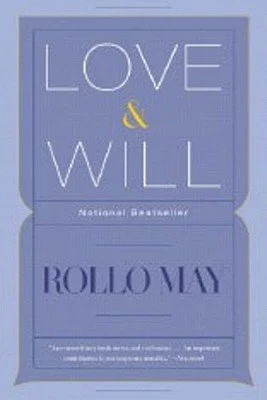Books I Read October 19th, 2025
This week I sacrificed in service of my better nature, then had several cocktails to celebrate.
Scrapiron Blues by Dambudzo Marechera – Posthumous work of several genres by Zimbabwe's mid-century enfant terrible. Marechera's mental health issues saw him spend the waning years of his short life on the streets of Harare, and this is certainly evidence of diseased mind's take on a diseased world. At all searing, sometimes quite funny, not quite universally bleak (though close), all in all a fascinating way to spend a few hundred pages.
A Way of Being by Carl Rogers – Rogers' late life writings reveal an exaggeratedly optimistic view of the human species and an unfortunate interest in the clairvoyance, life after death, and the general esoteric.
Far from Home by Walter Tevis – Did you know the guy who wrote The Hustler also wrote some really excellent, psychosexual sci-fi? He did! The paired stories about a middle-aged man's dead parents coming for lunch is a particularly weird standout.
Back to Delphi by Ioanna Karystiani – A mother takes her incarcerated son on a furlough to the center of the world. I can only assume this is something that actually is allowed within the Greek legal system? In any event, an exceedingly bleak if well-executed portrait of a malformed family and male psychosis (grimmer parts of this read like something from an early Joyce Carol Oates story). A difficult but rewarding read.
The Ardent Swarm by Yamen Manai – A parable for the rise of Islamofascism in North africa.
Love and Will by Rollo May – Many years ago, when I was an undergraduate studying philosophy I discovered there was no longer any real interest in ethical thought or general theories of the good life. It was seen as at best quaint and at worst mawkish, something like figure drawing in a modern art course. People preferred to fritter their energies away in service of post-modern linguistic trickery, or engage in paradoxical mind-fuckery i.e. philosophy of time (A professor who was hired the year I left wrote his thesis on whether you could go back in time to kill your grandfather, a question to which the only possible answer could be—come back when you've built a time machine). Anyway, it turned out a lot of that energy just sidestepped its way into analysis—Freud's writing is on the whole far more philosophical than clinical—and recent forays into existential psychotherapy has me putting my academic hat on for the first time in many years. May's work is full of interesting insight into the eponymous, particular in the first half where he skillfully expounds on the full meaning of eros, even if is does spend a lot of time exaggerating the importance of etymology, as if each word represented some cultural theory of recapitulation. At bottom, though, reading this reminds me of the other reason that I didn't continue further into philosophy (apart from my grades being garbage), which is that logic is an insufficient tool for compelling belief. I've never learned anything important by result of a succesful argument.
As a quick side note, is there any more pointless question than that of free will vs. determinism (and I mean this on both a psychological and materialistic level)? Our minds are composed such that it is impossible to imagine functioning except in the belief that you are in control of your decisions, irrespective of the validity of that belief. You could prove beyond any shadow of a doubt that what passes for my personality is nothing more than electrical impulses in my brain and it would not effect one's behavior in the slightest.





